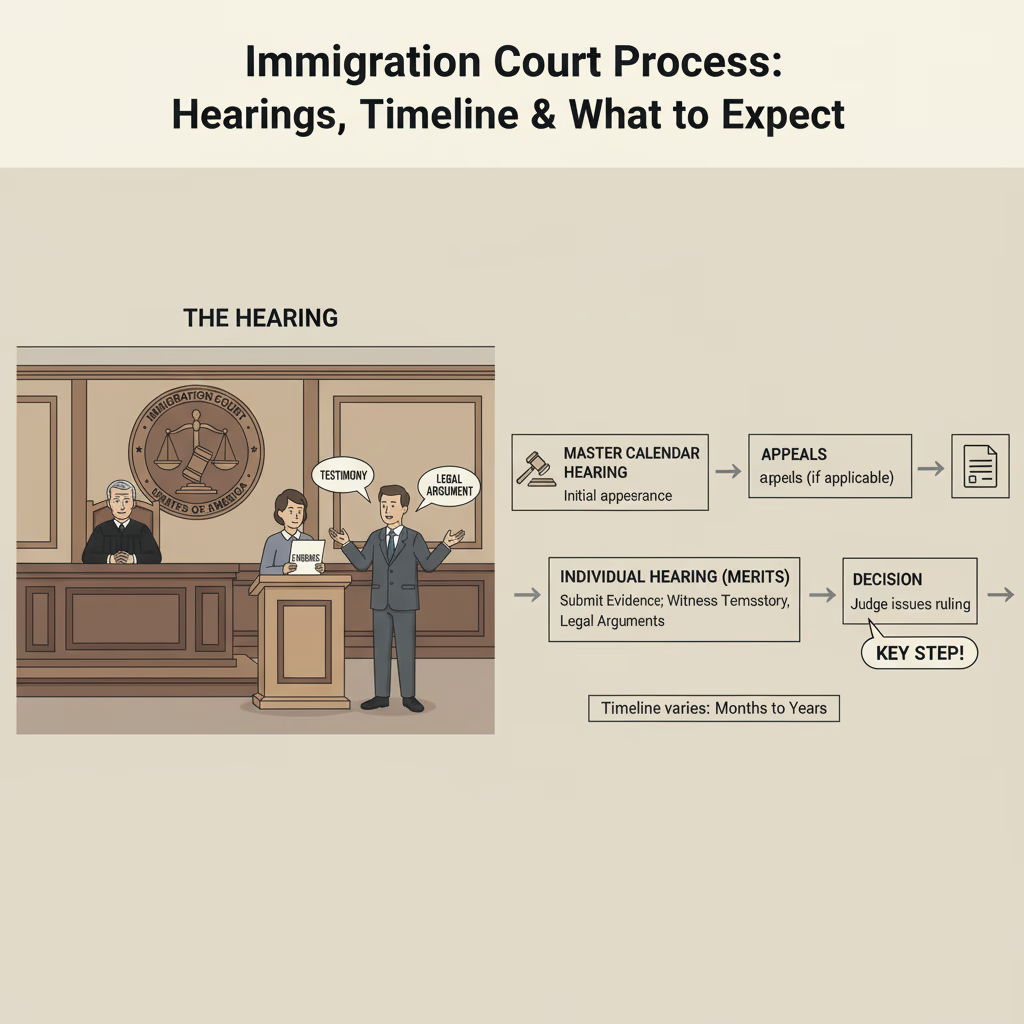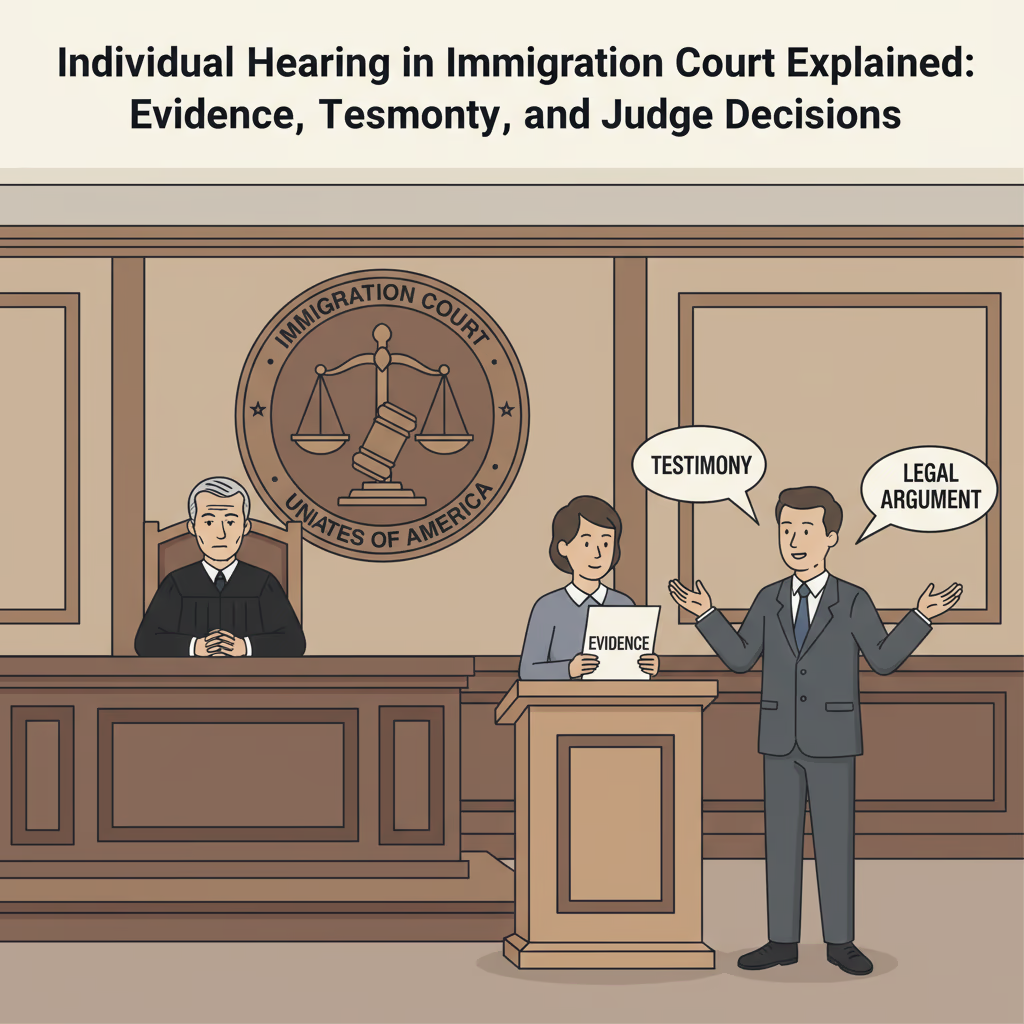Bridging the Gap: A Pathway for Physicians
The United States faces a significant challenge in healthcare: a shortage of qualified doctors in specific geographic areas. While major metropolitan centers often have an abundance of specialists, rural communities and inner-city neighborhoods frequently struggle to attract medical talent. To address this critical need, the U.S. immigration system offers a unique opportunity for foreign-trained physicians.
This pathway is known as the Physician National Interest Waiver (NIW). Unlike standard employment-based visas that require a lengthy labor certification process to prove no U.S. workers are available, the NIW recognizes that a physician’s service in a shortage area is inherently valuable to the nation. By agreeing to work in these communities, doctors can fast-track their journey to permanent residency.
For medical professionals looking to build a life in America while making a tangible difference in patient care, this waiver is an excellent option. This guide explores the specific requirements of the Green Card through Employment: Physician National Interest Waiver, how it benefits both the applicant and the community, and resources available to those in the Dallas-Fort Worth area.
What is the Physician National Interest Waiver?
A National Interest Waiver allows an applicant to bypass the specific job offer and labor certification requirements usually attached to the Second Preference (EB-2) employment-based Green Card category. For physicians, the law sets out very specific statutory requirements.
Essentially, the U.S. government agrees to waive the labor certification because the physician’s work is deemed to be in the “national interest.” While most NIW cases require the applicant to prove their individual merit through a complex three-prong test, the Physician NIW is more straightforward. If you meet the statutory requirements defined by Congress—primarily working in an underserved area for a set period—you are deemed eligible by law.
Eligibility Criteria: The Commitment to Serve
Qualifying for this waiver requires more than just a medical degree; it requires a commitment to public service. The core eligibility criteria are designed to ensure that the benefits of the physician’s residency are felt by populations that need them most.
1. Clinical Medical Practice
You must agree to work full-time in a clinical practice. This pathway is generally for doctors who see patients, specifically in primary care (such as general internal medicine, pediatrics, obstetrics/gynecology, and family medicine) or specialty medicine.
2. Designated Underserved Areas
Your service must take place in a location designated by the Secretary of Health and Human Services as having a shortage of healthcare professionals. These designations include:
- Health Professional Shortage Area (HPSA): Can be geographic, population-based, or facility-based.
- Medically Underserved Area (MUA): Specific geographic areas with a lack of medical services.
- Veterans Affairs (VA) Facilities: Service at a VA facility also qualifies, regardless of the specific location’s HPSA/MUA status.
3. The Five-Year Service Requirement
Typically, you must agree to work full-time in the designated area for an aggregate period of five years. This is a longer commitment than some other visa conditions, but it leads directly to permanent residency. Time spent in J-1 status usually does not count toward this five-year requirement, but time spent in H-1B status does.
4. Government Attestation
You cannot simply declare that your work is in the national interest. You must obtain a letter of attestation from a federal agency or a state department of health. This letter must state that you have the necessary qualifications and that your service in the underserved area is in the public interest.
Benefits of the Physician NIW
Pursuing a Green Card through the Physician NIW offers distinct advantages compared to other employment-based routes.
Avoiding Labor Certification
The most significant procedural benefit is bypassing the PERM labor certification process. The PERM process involves recruiting and testing the U.S. labor market to prove no qualified U.S. workers are available for the job. It is expensive, time-consuming, and fraught with strict regulatory hurdles. The NIW eliminates this step entirely.
Flexibility in Employment
While you must complete the five-year service requirement, the NIW allows for some mobility. Because the waiver is granted based on your service to the underserved area—not necessarily your loyalty to a single employer—you may be able to change employers during the five-year period, provided the new job is also in a qualifying underserved area.
Impact on Communities
Beyond the immigration benefits, this pathway offers profound professional satisfaction. Physicians in these roles often serve as the primary healthcare lifeline for thousands of people. You become an integral part of the community, treating patients who might otherwise go without care.
Local Resources for Physicians in DFW
For foreign physicians practicing or seeking to practice in the Dallas-Fort Worth (DFW) area, understanding the local landscape is vital. While the Physician NIW is a federal program, state and local support networks are crucial for licensing, integration, and professional development.
Texas Medical Board
Before practicing, all physicians must meet state licensing requirements. The Texas Medical Board provides all necessary resources for licensure, including information for international medical graduates (IMGs).
- Resource: Texas Medical Board
Dallas County Medical Society (DCMS)
Networking and professional support are essential for new residents. The DCMS is one of the largest county medical societies in the nation, offering advocacy, resources, and community for doctors in the region.
- Resource: Dallas County Medical Society
DFW Hospital Council
This organization unites North Texas hospitals to advance better healthcare. Their site is a valuable resource for understanding the healthcare ecosystem in DFW, including which hospitals might serve underserved populations.
- Resource: DFW Hospital Council
Legal Aid of NorthWest Texas
While primarily for low-income residents, Legal Aid of NorthWest Texas provides a wealth of information regarding community legal needs. For physicians serving in underserved areas, understanding the legal challenges their patient populations face can be incredibly valuable for holistic care.
- Resource: Legal Aid of NorthWest Texas
Take the Next Step in Your Medical Career
The Physician National Interest Waiver represents a powerful convergence of professional ambition and public service. It acknowledges that your skills are not just a commodity, but a vital national asset.
If you are a physician willing to dedicate five years to a community in need, you can secure your future in the United States without the uncertainty of labor certification. However, the documentation required—from government attestations to proving HPSA designations—is complex.
Do not navigate this critical phase of your career alone. If you are ready to explore the Physician NIW, ensure you have the right support to structure your application correctly. Your dedication heals communities; let a clear legal strategy secure your home here.






